Despite 2018’s major algorithm change to prioritise ‘meaningful interactions’ and family and friends over pages and businesses, Facebook should still be an integral part of your social media marketing strategy.
A study from Buffer found that 93.7% of business are currently active on the platform. Furthermore, around 96% of advertising experts say that Facebook produces greater ROI than any other social network, according to Sprout Social.
We have found that a well-targeted Facebook PPC campaign is an effective method of boosting awareness of your brand and ultimately increasing conversions. But now more than ever, Facebook users crave the personal touch.
Gone are the days of a ‘one size fits all’ approach to your Facebook PPC. Within your ad set, you need to create focus on content and messages which are personal and conversation-worthy.
Some ad sets will be much more effective at expanding brand reach and encouraging conversions than others, so why split your ad budget equally across ad sets when you can automatically put more money into the ad set that gets you the most leads and sales without completely starving the others? This is where campaign budget optimisation comes in.
What is campaign budget optimisation?
According to Facebook – who began to introduce this function at the end of 2017 – campaign budget optimisation is “a way of optimising the distribution of a campaign budget across your campaign’s ad sets”.
With campaign budget optimisation enabled, you set your budget at a campaign level as opposed to at the ad set level. The amount that you set can apply to each day the campaign runs (Daily Budget) or over the lifetime of the campaign (Lifetime Budget).
Facebook then monitors the success of each ad set and accordingly distributes the campaign budget in real time and on what they call “an opportunity-by-opportunity basis”. The platform adds that its goal is “to get you the most results possible, and for the cost of those results to align with your bid strategy”.
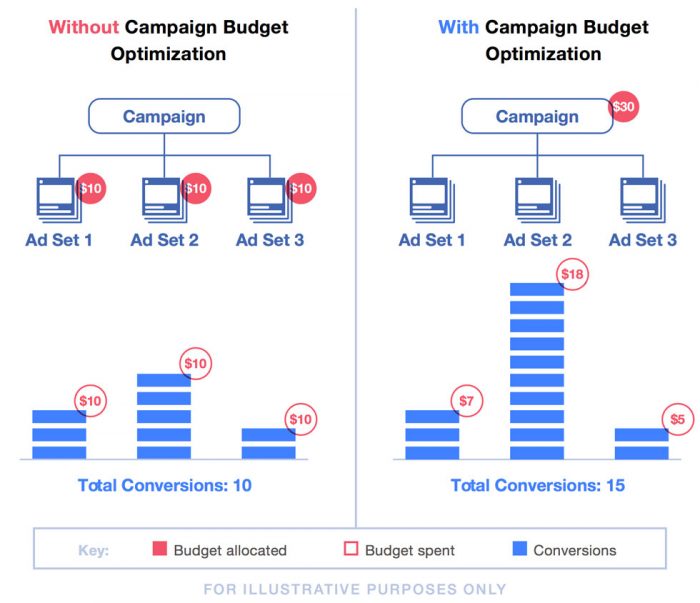
Campaign budget optimisation vs split testing
Around the same time that they began to roll out campaign budget optimisation, Facebook launched its A/B testing feature, called creative split testing. According to WordStream, creative split testing is particularly useful for testing imagery, messaging and creative concept variations.
Sounds similar to campaign budget optimisation, doesn’t it? However, Jon Loomer has stressed the importance of not confusing the two.
He says on campaign budget optimisation: “Facebook doesn’t simply find a winner and allocate all of your budget to one ad set. They simply distribute more or less budget based on how an ad set is performing compared to the others.”
Where it’s not often encouraged to test more than one variable at a time with split testing, campaign budget optimisation could satisfy this urge. Campaign budget optimisation could also prove more useful than split testing when trialling smaller amendments to elements such as image headlines and colour tone.
Narrow Facebook targeting
Overall, the concept of Facebook campaign budget optimisation is good in the way that it saves you the time and effort of adjusting your budget manually to focus on the best performing ad sets, as they are performing on that day.
As Loomer observes, using campaign budget optimisation to narrow your Facebook targeting is is “most beneficial when running campaigns with multiple ad sets”, and as such the function “wouldn’t make sense for a single ad set”.
Furthermore, you need a diverse enough target audience for your brand so that you can create content specifically for each of those segments. Gary Vaynerchuk argues that it’s much more impactful to segment your audience into as little as 20 segments, or as many as 100.
He adds: “You’ll be much more likely to get a reaction from your audience if you created content contextual to who they actually are.”
Vaynerchuk has also recognised the potential for higher cost per impression (CPM) as a result of distributing your budget at ad set level.
He says: “The reason businesses are afraid to go narrow on targeting is because it increases CPMs. When you go narrow, you might pay higher CPMs, but your creative has a much better shot at converting because you can tailor your message to your segment.”
Campaign budget optimisation, in essence, is a quick easy way to get the best return for your available budget. However, without any detail on how Facebook’s algorithm for the tool works, how can you be sure that you are getting the best return?
If it’s working on daily data, then it’s probably giving you good results – if it uses data from the previous day or an average of the past week, then the worst performing ad set that day may be getting the lion’s share of the budget.
Give Facebook campaign optimisation a shot, but don’t let complete automation of your budget distribution make you complacent. You may still need to keep a close eye on the most effective ad sets, and use those to manually create a new and altogether more effect Facebook PPC campaign.
Found this article useful? Our successful social media team delivers Facebook page management services to engage and grow audiences for both local businesses and leading eCommerce brands. Click below to get in touch with one of our Specialists or to find out more about our Facebook marketing services.


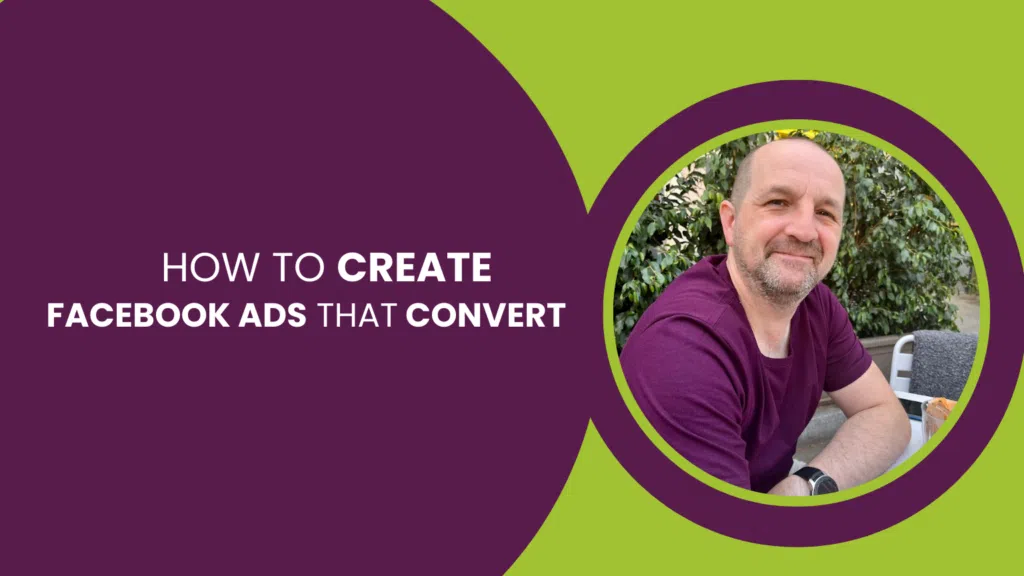
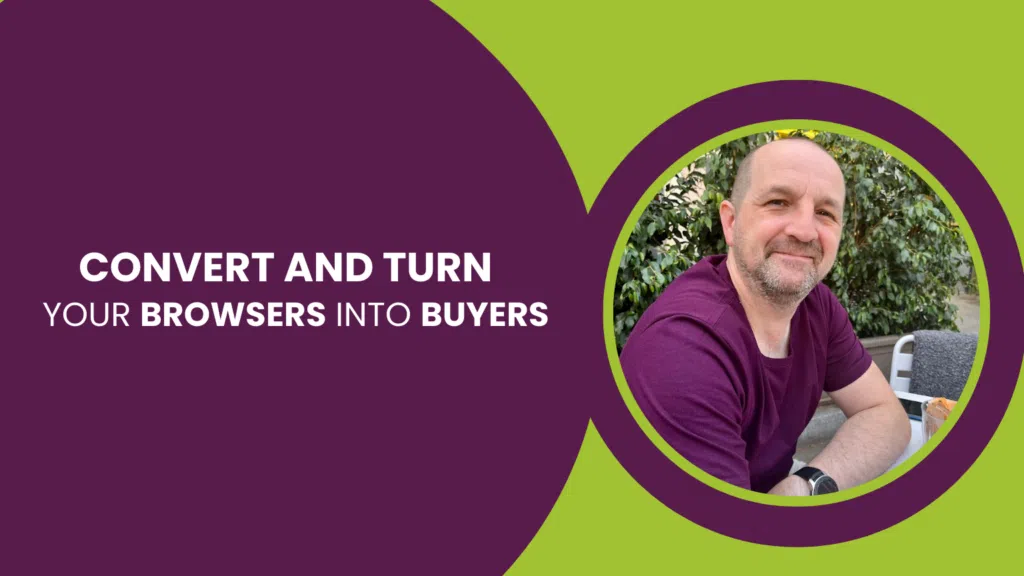
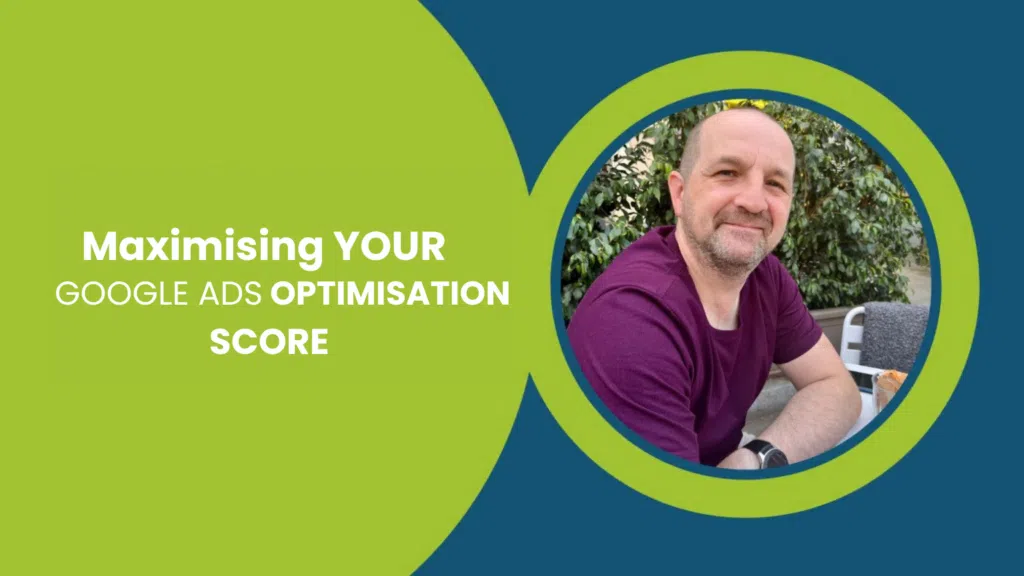
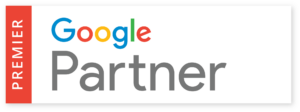
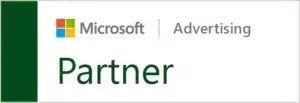

4 Responses
To get more results at lower budgets and beat the competition there’s only one way: you need to optimize your Facebook ad campaigns! And this is the quick guide for it!
Great article! Now I understand that there is more to do than just post and share images and videos to make the campaign more popular and successful. In addition to increasing the page there are many other ways I learned today from your article. Thank you Antony Potts! I just want to ask you if buying the likes and comments on Facebook will be useful or just the opposite?
Hi Chris, glad you enjoyed our article! Buying likes and fans has limited benefit and could get your account suspended according to Facebook policy, although we’ve not had first-hand experience of this yet. On the one hand, your brand appears better, but those fake fans and links won’t engage with your posts or ever buy anything from you.
Nice Share!